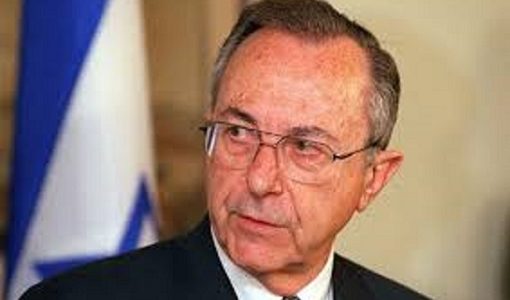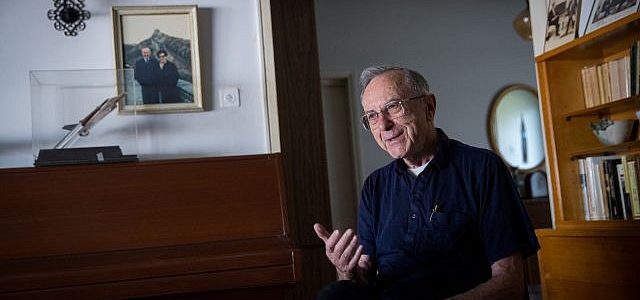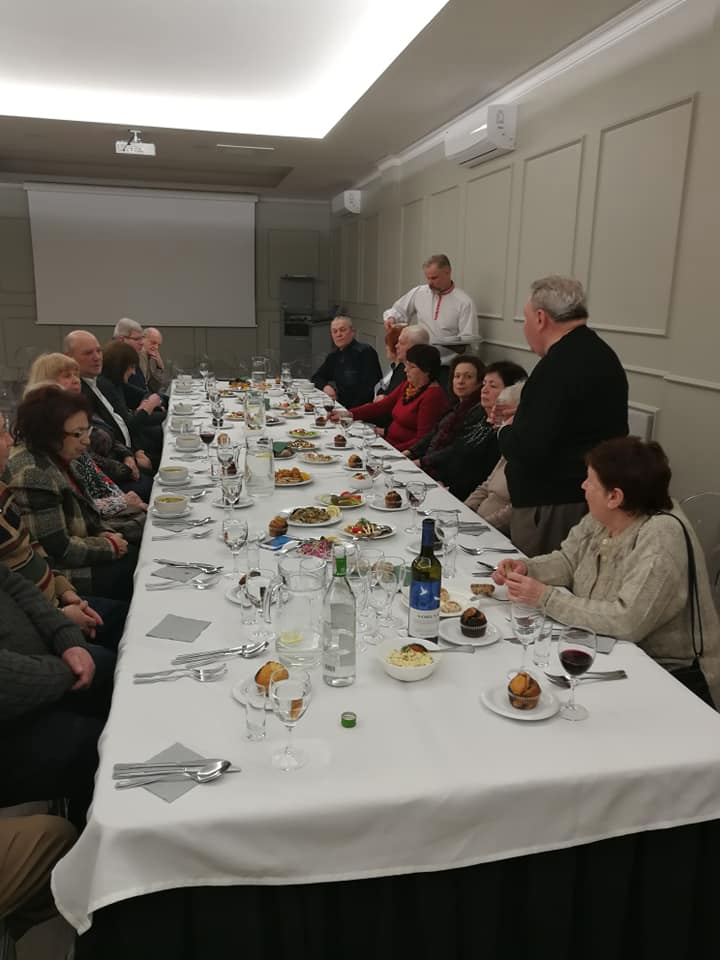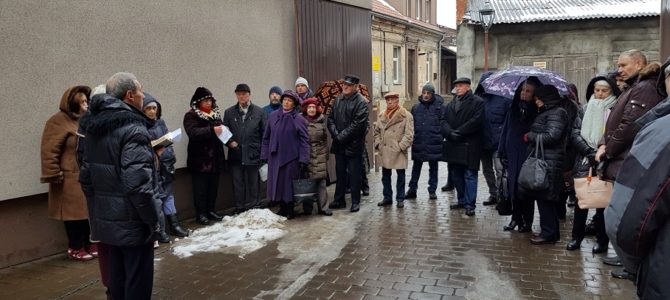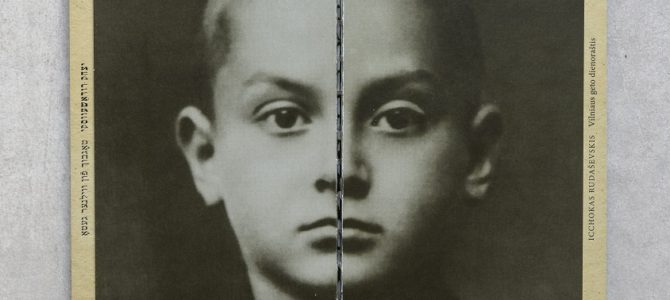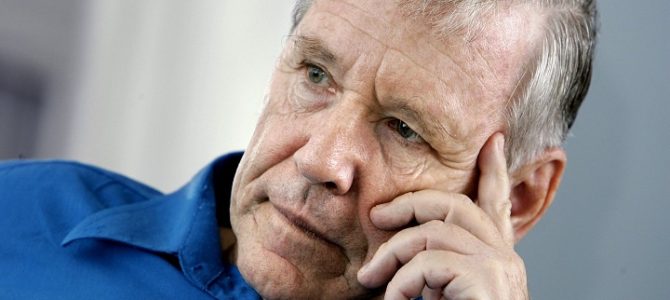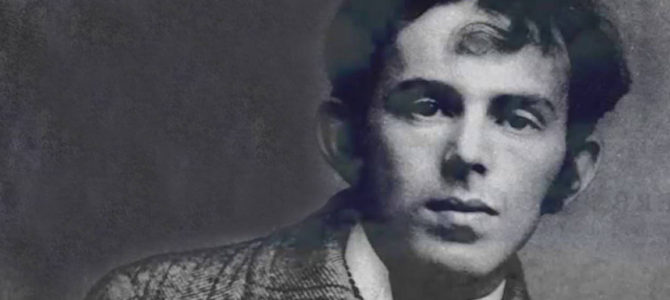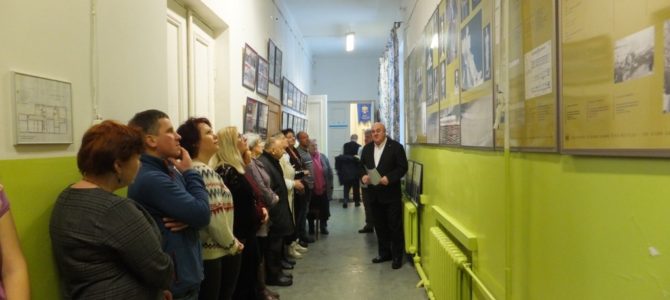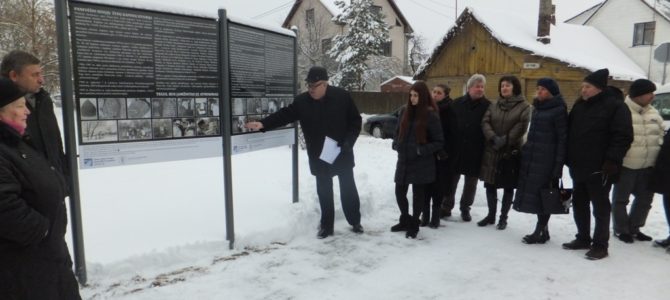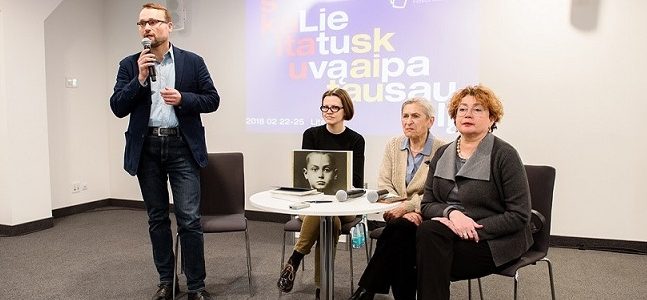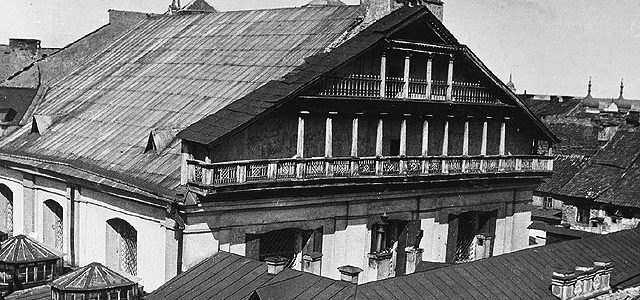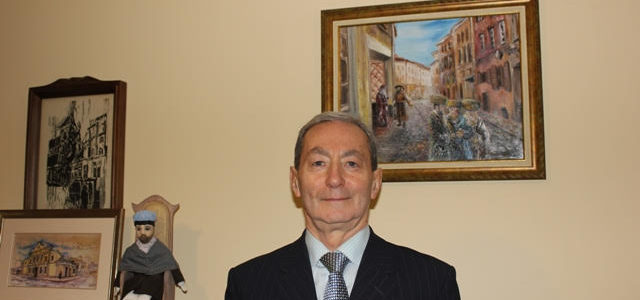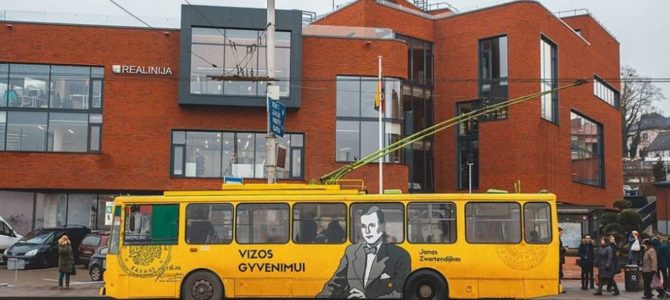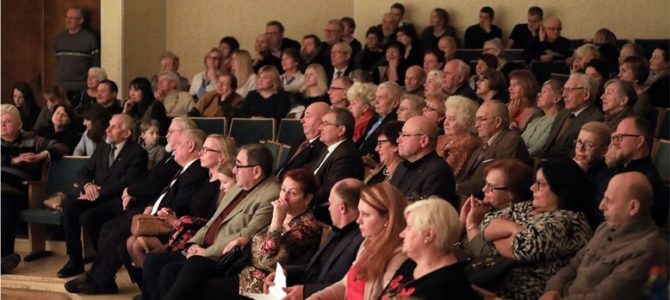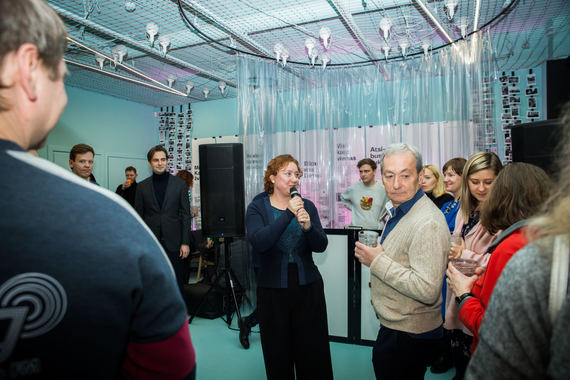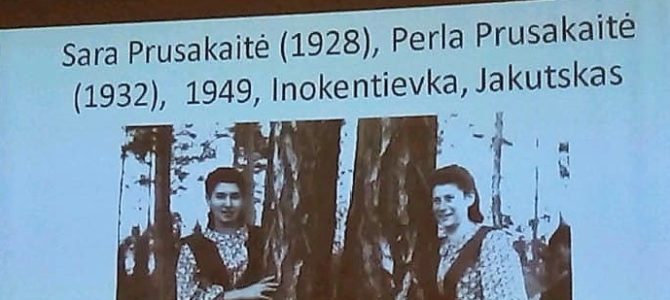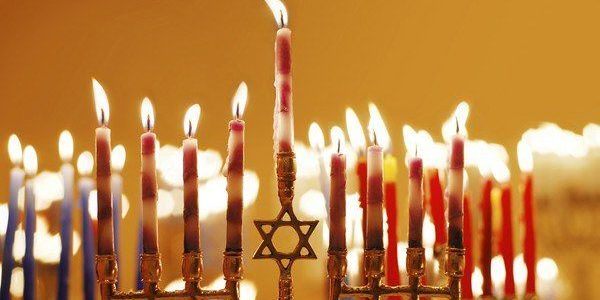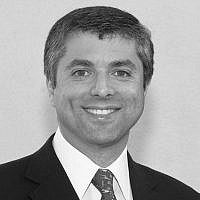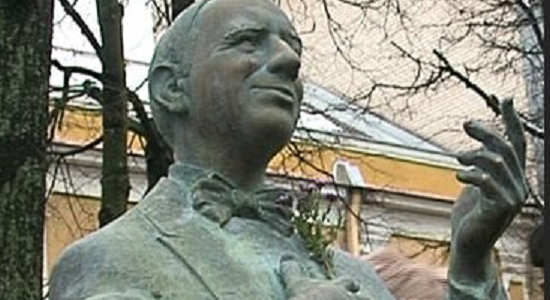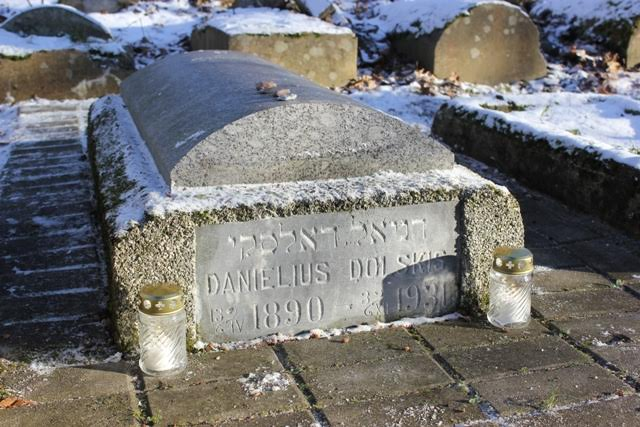by Sergejus Kanovičius
The internet didn’t exist yet, and the way to connect from Israel with parents and friends left in Lithuania was by fax or telephone. There wasn’t a surplus of money and both means were very expensive, so hearing the voice of a loved one was the greatest gift; letters are fine, but human nature it seems is such that we need living emotion, moments which dissolve in the past… When you hear the voice of your Father, or Mother, or grandfather, it feels as if you are with them, much more than reading a letter which has been in transit for a long time. Sometimes the people who helped us in so many ways in saving our son knew the longing for loved ones, they knew what longing means, because they themselves had experienced these separations and knew what they meant. The independency of Lithuania was going slowly, so it was expensive to call from Israel to Lithuania and from Vilnius to Tel Aviv. As I remember it, from Vilnius you longer had to wait for a previously ordered international call, all you had to do was dial 8, wait for the tone and then enter the number. But it wasn’t raining and isn’t raining money anywhere, neither there where rivers of milk flow along banks of honey, nor there where pack-ice gently caresses the banks of the Neris. Sometimes the worst thing you could pull out of the mail box was a nostalgic numerical reminder for some month, sometimes the telephone bills were such that you wanted to take that apparatus to a bank and lock it in the safe.


